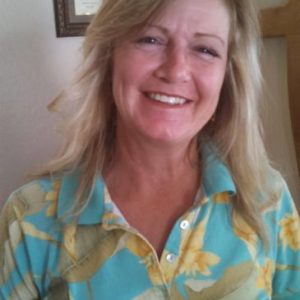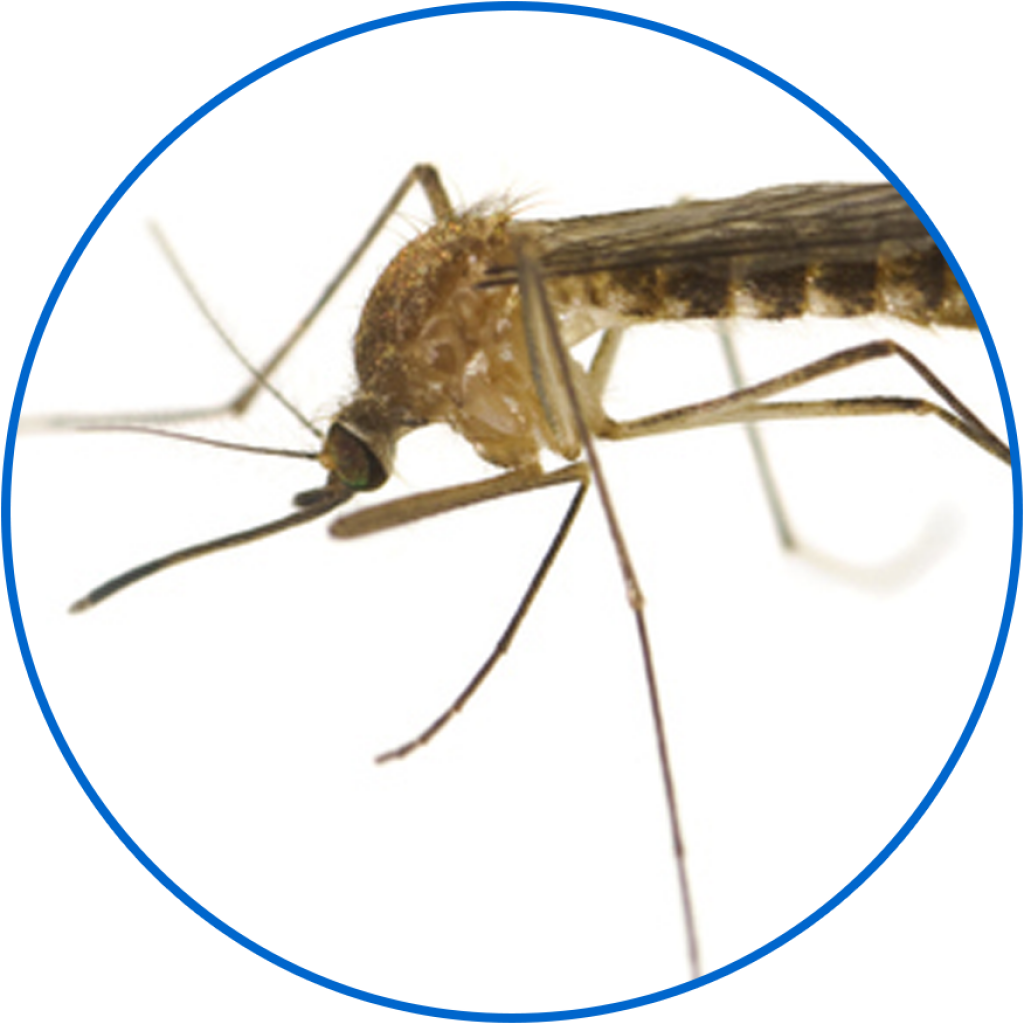
When Marie Heilman noticed how dizzy and lethargic she suddenly felt, she knew something wasn’t right.
A few days earlier, the vivacious 40-year-old mother of four, a retired computer engineer, had been feeling quite well, but on this morning in early August 2006, upon arriving home in the western Yolo County town of Winters after driving her daughter to the airport, she went back to bed. When her husband got home that evening, she was still under the covers. “Which is really unusual for me,” Marie recalled. “I don’t sleep a lot. And I just said, ‘I don’t know, I’ve got vertigo, I don’t feel good, I’m vomiting.’ And the next day, I just started having really bad spasms.” So Marie went to the doctor, who prescribed something for the nausea and vertigo and sent her home.
Her condition soon worsened. The spasms felt like someone was jabbing a knife in her lower back and pulling it up her spine to her shoulders. “By the time it got to my neck, the pain was so horrible,” she said. “I would just yell or pass out. It was like a frying pan was hitting me behind the ears really hard.” Marie’s vision was blurred and she was confused, so she went back to her doctor in Woodland, who sent her to the emergency room and ordered up a lumbar puncture, better known as a spinal tap. The diagnosis: meningitis, a byproduct of West Nile virus infection.
Marie spent two weeks in the hospital – partially blind, unable to eat. “There’s no cure for West Nile virus,” she said. “All they can do is treat your symptoms.” She was medicated heavily. The doctors told her husband that her organs were shutting down, and that death was a real possibility.
Marie’s family, church and community came together to pray for her. When she finally came to, she wanted to go home. But damage done by the virus remained. “When it attacks your system,” she said, “it does what it’s going to do, and then it leaves your body. It does its damage.”
Marie no longer can play paintball, a favorite recreational outlet. “I physically can’t handle the endurance part of it,” she said. “It’s warm, and I get overheated easily.” But losing her vision is the worst consequence of West Nile virus infection. “I’m a heavy reader,” she said, “and I won’t be able to drive much longer.”
As difficult as things have gotten, Marie remains active. She and her husband travel abroad every other month to do missionary work, although the vertigo she still experiences makes flying very uncomfortable. She also performs community service with Meals on Wheels and a food ministry through her church, but her vision loss makes those more difficult.
“By the time it got to my neck, the pain was so horrible, I would just yell or pass out. It was like a frying pan was hitting me behind the ears really hard.“
“I think that you have a public responsibility, once something like that has happened to you, to let people be aware.“
Her lingering symptoms, three years after Marie figures she got infected from a mosquito bite while gardening, or maybe mowing her lawn, include optical nerve damage – “eventually I’ll be blind,” she said – along with deafness in one ear and hearing loss in the other. The spasms haven’t gone away, and she has insomnia. She’s lost all muscle tone, although she regained the weight she lost, and her hair is no longer falling out. And she tires more easily. “It’s unusual,” she said. “I’m a high-energy person.”
In January 2008, someone suggested that Marie represent Winters on the 13- member Board of Trustees that governs the Sacramento-Yolo Mosquito & Vector Control District. She accepted the position, after realizing that as a person who had survived the worst ravages of West Nile virus this side of dying, she could be effective at making a case for public awareness of mosquito-borne disease. “Anything you can do to inform people, I think, is really crucial,” she said, adding: “I think that you have a public responsibility, once something like that has happened to you, to let people be aware.”
Unfortunately, Marie recently had to resign from the board, because her failing vision makes it impossible to drive to Elk Grove for District meetings. But she will continue to volunteer as a spokesperson for the District.
“We have to fight to protect the public,” she said. “It’s kind of scary, because we’re trying to protect you.”


